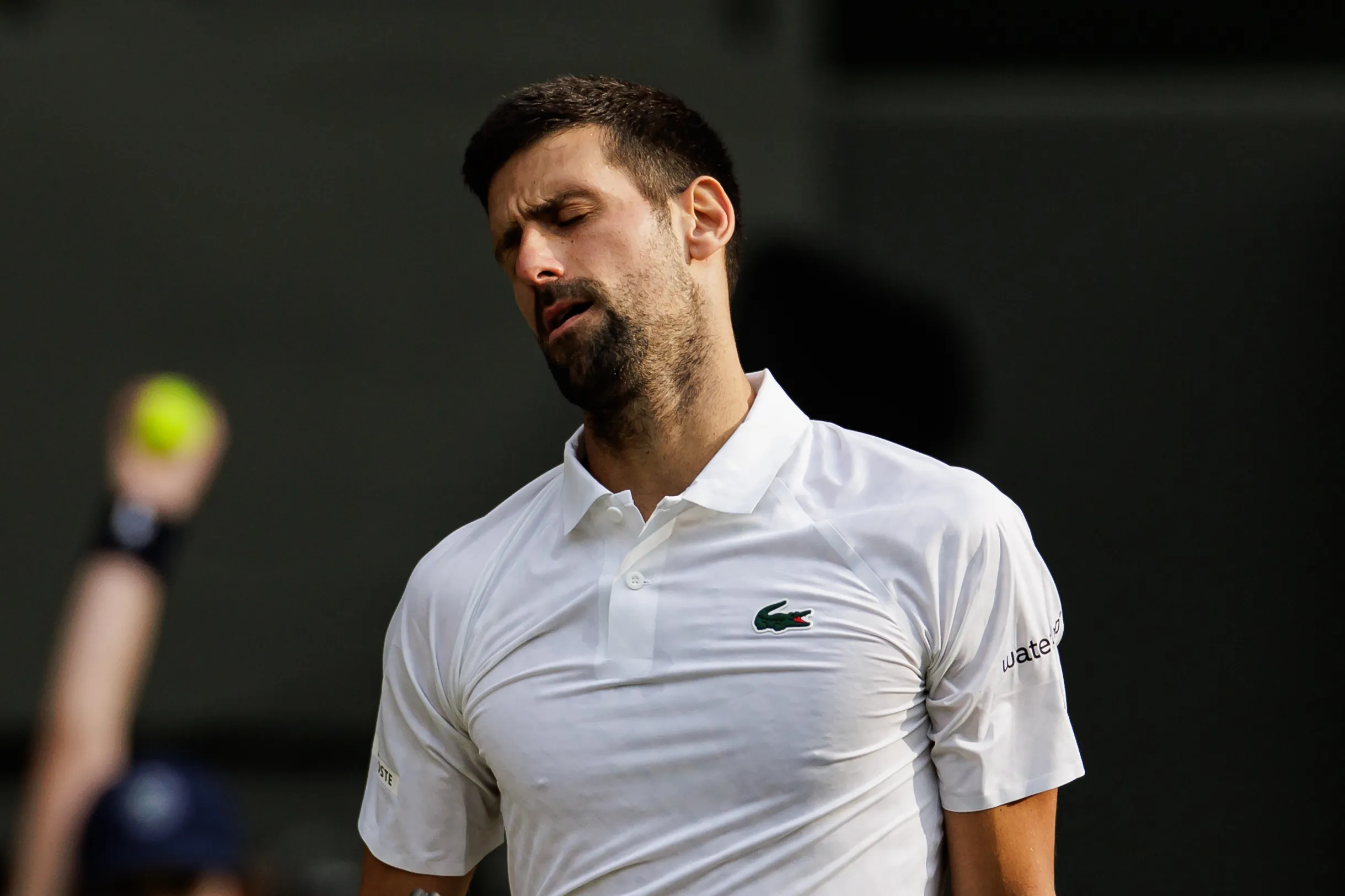
Simona Halep finds herself in the midst of another doping controversy as she was charged with the already second breach.
The former world no. 1 has been charged with a second offence, concerning inconsistencies in her athlete biological passport. This latest development has caused a tremor in the tennis world, calling into question not only Halep's future in the sport, but also casting a shadow on her past accomplishments.
Since the reveal of Halep's initial suspension in October 2022, following her positive test for Roxadustat at the US Open, the tennis world has been holding its collective breath, awaiting updates.
Halep's continued absence from the tennis scene now appears to be due to more than the initial findings. The second offence brings to light the issue of her Athlete Biological Passport (ABP), an anti-doping monitoring system developed by the World Anti-Doping Agency (WADA) and adopted under the Tennis Anti-Doping Programme (TADP).
Read also
The passport records various blood parameters over time, aiming to detect potential Anti-Doping Rule Violations (ADRVs). An independent ABP Expert Panel found enough discrepancies in Halep's ABP to file an Adverse Passport Finding, bringing about the second charge.
After releasing the statement, Nicole Sapstead, Senior Director for Anti-Doping at the ITIA, added additional statement, which reads:
"We understand that today’s announcement adds complexity to an already high-profile situation. From the outset of this process – and indeed any other at the ITIA – we have remained committed to engaging with Ms. Halep in an empathetic, efficient, and timely manner."
"We do, of course, appreciate there is a great deal of media interest in these cases. It would be inappropriate for us to comment on specifics until the conclusion of the process, but we will continue to engage with the Sport Resolutions independent tribunal and Ms. Halep’s representatives as expeditiously as possible."









